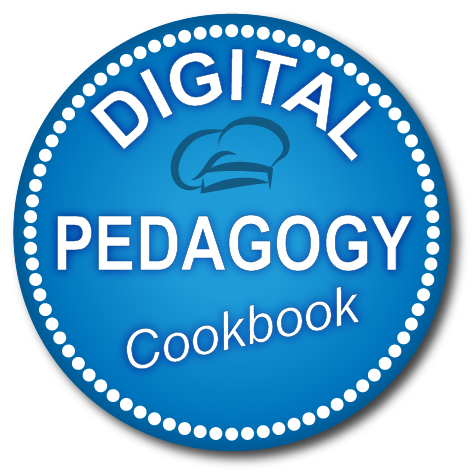Introduction
We are currently living a great information revolution without realizing and without fully knowing the technology that surrounds us. New changes mean that we have to constantly update ourselves in knowledge related to new technologies
We have to develop new capacities to be able to “compete” in the labor market, in addition to learning to handle different technological equipment since these are part of our daily life.
The new technologies, related to our environment, are streamlining, optimizing and perfecting some activities that we carry out in our day to day life.
As well as other professions Educators are facing increased challenges faced to accommodate the rising importance of technology in education and the impact this has on teaching and learning. Digital Pedagogy moves the focus from only ICT tools and skills, to a mode of working in the digital world.
While innovation and digital technologies offer new possibilities for improving teaching and learning, Europe is slow to make the best use of them. According to the Survey of Schools: ICT in Education Benchmarking Access, Use and Attitudes to Technology in Europe’s schools (European Commission, 2013e), teachers are generally positive about the impact of ICT on students learning but only one in four is taught by teachers that feel confident in the use of technology.
The DigCompEdu was born with the aim of creating a reference framework for the digital competences of educators. In this project the DigCompEdu is a general reference frame for the development of the project and it will be used in four areas: Area 2 Digital Resources, area 3: Teaching and Learning, area 4: Assessment and Area 5: Empowering Learners
Digital Pedagogy Cookbook project aim to introduce the digital pedagogy to educators using the recipe metaphor and to make a meaningful contribution to the up-skilling of educators
The first Intellectual Output of the Digital Pedagogy Cookbook is the Toolkit for Educators, which is a guide for applying digital pedagogy using the recipes metaphor. The toolkit will provide all the theoretical and practical information needed by educators in order to understand digital pedagogy, improve their digital competences, create, evaluate and share their own digital recipes according to the European Digital Competence Frameworks for Citizens and for Educators. It will also provide information and resources about further professional development, skills recognition and relevant to the digital pedagogy resources and initiatives. The toolkit promotes informal learning of educators as it drives their learning in a more meaningful and self-directed manner.
